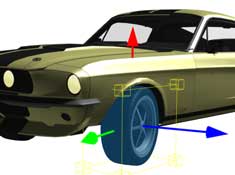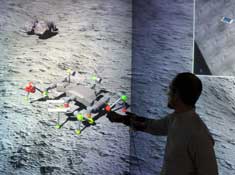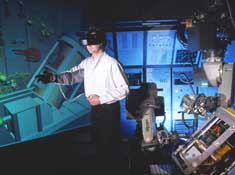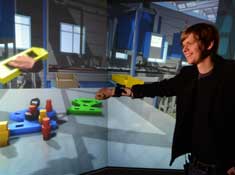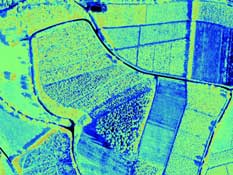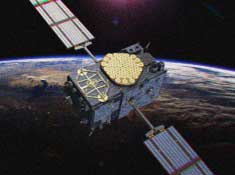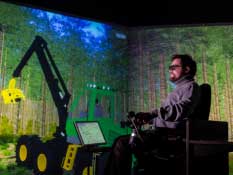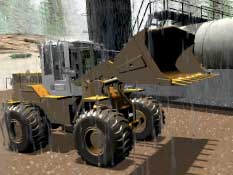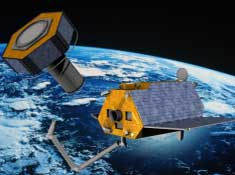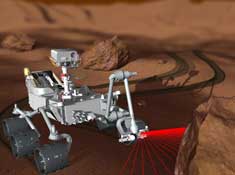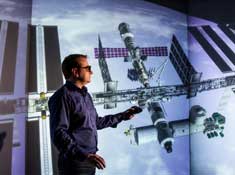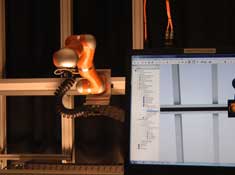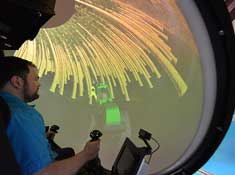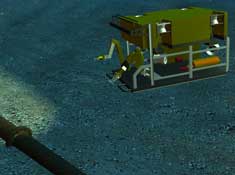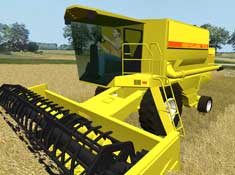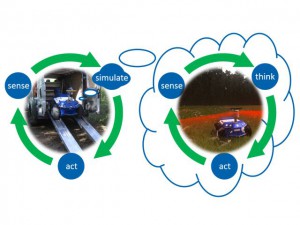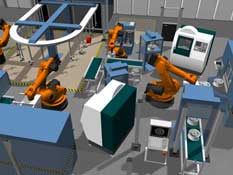The development of increasingly sophisticated Advanced Driver Assistance Systems (ADAS) and highly complex Autonomous Vehicles poses great challenges to today’s engineers, which could not be handled without the use of powerful and comprehensive tools for analysis and optimization of the overall system. Here, 3D-Simulation Technology and eRobotic provide novel effective and efficient approaches.
The research area “Automotive” of the MMI focuses on the development of Digital Twins of all relevant (real) vehicle components to integrate those into so called Virtual Testbeds in order to simulate their behavior within their virtualized operation environment on system level. Therefore, Virtual Testbeds provide both the simulation of vehicle dynamics for various vehicles (e.g. cars, trucks and bikes) as well as the simulation of the control system of the appropriate vehicle and its sensor system (e.g. camera, LiDAR, ultrasonic and RADAR sensors). The novel close to reality sensor simulation allows for the generation of reference data for downstream data processing algorithms. Whereby engineers are supported in the development of those algorithms, costs for prototypes and real test drives are reduced, and deep insights in the behavior of the overall system are provided for the testing, analysis, verification, validation and optimization of those system.
This holistic approach of Virtual Testbeds enables not only new perspectives on the overall system but also systematic and especially reproducible system tests in close to reality street scenarios, for the first time, which are hardly realizable in real test drives.


